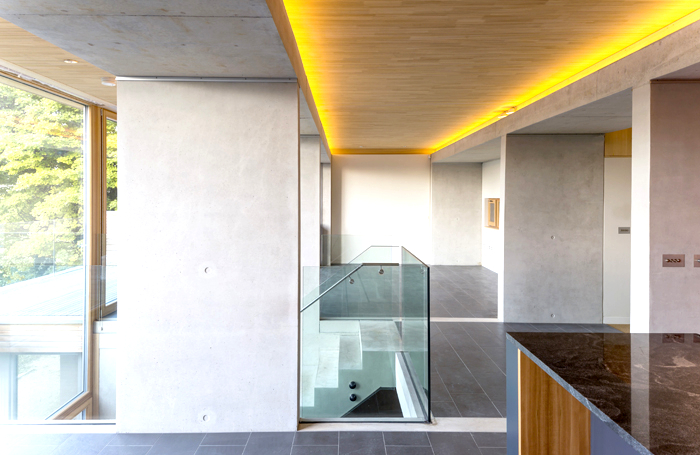Applications for research funding have much better chances of success than entries for design competitions. Research can be a route to rewarding and satisfying work. However, compared to their peers in construction and the creative industries, architects have not tended to receive nearly as much funding for research activities.
"Much of the work architects do is research and they love doing it," affirms Flora Samuel, the RIBA’s VP for Research. "They just do not see it as potentially fundable."
"The money is out there," she states, "but architects are not getting their share of it." She urges architects to take advantage of the available research funding. "The profession is missing out," she insists.

In many ways small practices have the most to gain. Through research they can build a reputation in a particular area, demonstrating expertise in a field in which they might not yet have completed a building. Furthermore, the R&D tax credits alone can make a serious contribution to small practice income.
Samuel’s book, Why Architects Matter: Evidencing and Communicating the Value of Architects, shows how practices can use research to provide evidence that design can add value to areas such as wellbeing, sustainability and innovation.
The first step is to find sources of funding. A good place to start is the Innovate UK website which, while it is not architecture-specific, publishes a continual stream of funding opportunities across the construction, design, scientific and manufacturing sectors.
Of particular current interest to architects will be Transforming Construction Network Plus, which has £1m to invest over the next two years in research projects examining the way building are designed, built, powered, managed, and used.
The similarly titled Transforming Construction Challenge is another programme of calls for R&D proposals. Its call for small project applications is now open (with a deadline of 29 March 2019), asking for responses to three core themes: designing and managing buildings through digitally-enabled performance management; constructing quality buildings through offsite manufacturing; and reducing energy demand by improving quality of build and powering buildings through embedded active technologies.
There are numerous other longstanding annual funding programmes with themes attractive to architects. Samuel points to the Royal Commission for the Exhibition of 1851 fellowship - the current recipient of which is Irena Bauman, director of Leeds-based practice Bauman Lyons.
It is supporting a project to develop a business model for community-based factories for socially useful production. The Commission will call for applications in early summer for new design fellowships and built environment fellowships.
The RIBA itself has a research fund. This offers funding of up to £10,000 and will open in April 2019, closing in June. The Research Matters 2019 conference is currently calling for submissions, and will be co-hosted by the University of Nottingham and Nottingham Trent University on 17 and 18 October 2019.
One useful resource in applying for research funding is the RIBA's Knowledge and Research in Practice booklet, which features a cross-section of practices conducting research and provides a glossary of funding sources.
A good strategy for practitioners to win research funding is to find an academic to work with, Samuel advises. Large numbers of practitioners teach part-time, but there is not as much communication as there could be between them and researchers in schools of architecture.
However, there are some encouraging signs of more practices taking steps to join and support the architectural research community.
The Research Practice Leads group, led by Samuel, was set up at the University of Reading to lobby for architectural research in practice and to share skills and knowledge, and around 40 practices are participating.
A similar group has been set in Cardiff with the support of the Royal Society of Architects in Wales, while the North East Research and Innovation Forum was established at the end of last year.
Samuel is keen to get the message across that you do not have to work in a large- or medium-sized practice to engage in research activities and find a research grant.
One of her next projects will be working with the RIBA Small Practice Group to produce guidance on how to access research funding, to be published later this year.
Thanks to Flora Samuel, Professor of Architecture, University of Reading.
Text by Neal Morris. This is a Professional Feature edited by the RIBA Practice team. Send us your feedback and ideas
RIBA Core Curriculum Topic: Design, construction and technology.
As part of the flexible RIBA CPD programme, Professional Features count as microlearning. See further information on the updated RIBA CPD Core Curriculum and on fulfilling your CPD requirements as an RIBA Chartered Member.
Posted on 7 March 2019.









